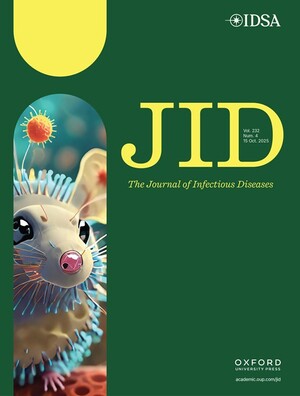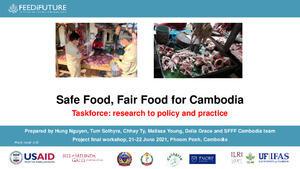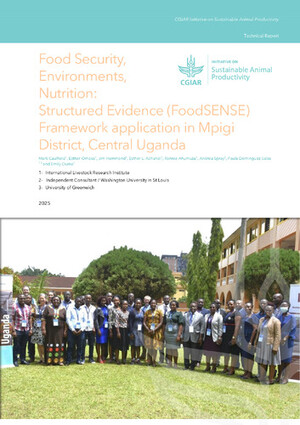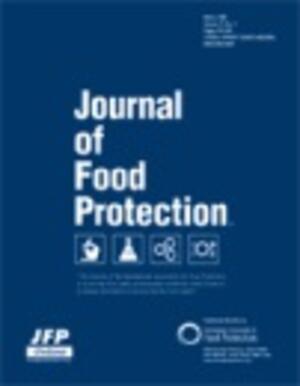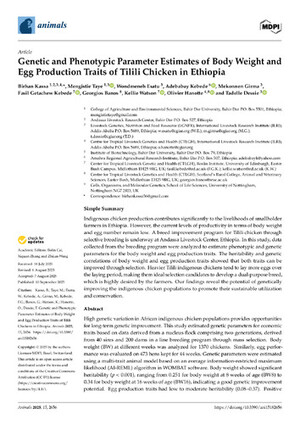
Seroprevalence of Toxoplasma gondii in slaughtered pigs in Kiambu, Kenya
Abstract
Toxoplasma gondii is a ubiquitous protozoan parasite of public health concern, with severe health consequences among immunocompromised individuals and pregnant mothers. Pigs are intermediate hosts of this zoonotic parasite and consumption of undercooked pork is a risk factor for T. gondii infection. We investigated the seroprevalence and risk factors for T. gondii in pigs in Kenya. A cross-sectional study was conducted at a non-integrated abattoir in Kiambu, Kenya, where 446 blood samples were collected from slaughtered pigs between 5 January and 5 March 2021. For each pig sampled, additional data were collected on the county of origin, farm size, sex and live weight. Serum was harvested from each pig blood sample, and these were subjected to indirect enzyme-linked immunosorbent assay tests to detect the presence of immunoglobin G (IgG) for T. gondii infection. The overall seroprevalence for T. gondii was 34.53% (95% C.I. 30.16–39.17). Risk factors for T. gondii seropositivity in pigs included farm size (p < 0.001) and the live weight of pigs (p = 0.044). The high seroprevalence of T. gondii indicates that consumers of raw and undercooked pork may be at a high risk of infection. It is therefore recommended that strategies for the mitigation of risk of exposure in populations should prioritize public health education for pig farmers, pork handlers and consumers on risk reduction measures along the pork value chains.
Citation
Chepyatich, D., Sentamu, D.N., Bor, N., Onono, J., Gathura, P.B., Akoko, J.M. and Thomas, L.F. 2023. Seroprevalence of Toxoplasma gondii in slaughtered pigs in Kiambu, Kenya. Zoonotic Diseases 3(4): 301–306.





